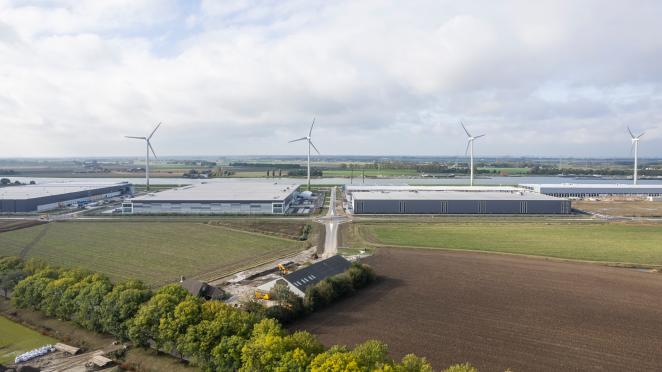With funding from the European Union through the COPPER initiative, the City of Dordrecht is partnering with DSO Stedin to roll out state-of-the-art energy planning and flexibility solutions for two of Europe’s first energy neutral business parks.

Challenge
Dordrecht hosts a vibrant logistics sector for the nearby Port of Rotterdam. As Dordrecht’s businesses pursue net zero through local renewables and electrification, business parks need more electricity than the local grid can handle. Without support, this could force business parks to turn away profitable, job-making businesses and have lots sitting empty.
To maintain Dordrecht’s status as a competitive location for logistics, the Municipality of Dordrecht has joined COPPER to test local energy planning and energy flexibility solutions to support the logistics sector keep the grid fit for business growth.

Approach
Working closely with local DSO Stedin, Dordrecht will pilot energy planning and flexibility solutions in DistriPark and Kil III, two of Europe’s first energy neutral business parks.
To manage the ambitious plans for on-site renewable generation and zero-emission transport, Dordrecht will also work with Stedin to upgrade the local grid infrastructure and prepare the site for commercial energy flexibility solutions and work towards self-sufficiency.

Objectives
Action plan for the energy demands of net-zero logistics
Dordrecht will build organisational capacity and knowledge on guiding new building projects to fit within their local energy development plans.
Identify commercial solutions to energy flexibility
The pilot will provide a replicable model for partnerships between municipalities and DSOs for healthier local energy systems.
Model a successful DSO-city alliance
DistriPark will test commercial versions of energy flexibility solutions, helping to scale Europe’s first wave of commercially ready solutions for grid congestion.
